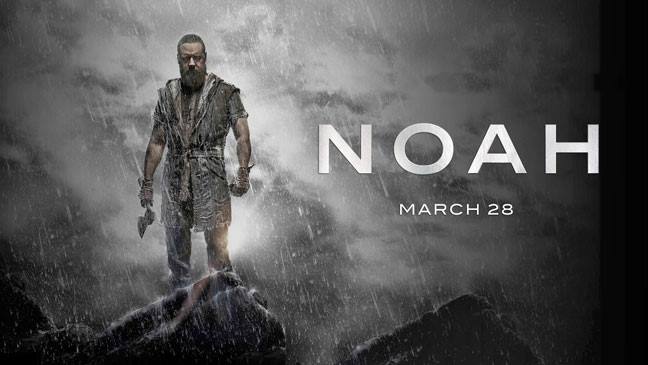Much has already been written about the commercial and critical
failure of Darren Aronofsky’s latest release “Mother!” The film received an F
rating from cinemascore, which polls snap responses from audience members as
they exit the theaters. Nevertheless, Paramount Pictures, Aronofsky and his
star Jennifer Lawrence have been trying their damnedest to defend this difficult experience,
even as it’s been left hanging in the public square. But “Mother!” does have its
fervent defenders. Some see it as a rich creation myth, while others enjoy it
as a visceral display of blackly comic camp. I can see how these
interpretations exist within the material but not necessarily how they redeem this messy passion project as a whole.
Lawrence stars as the new wife of a much older poet played
by Javier Bardem. They live secluded in the country where Bardem is trying hard
to break his writers block, while Lawrence is rebuilding their home after a destructive fire. Their solitude is disrupted when a sick man
played by Ed Harris and his wife played by Michelle Pfeifer wander into their lives and makes themselves comfortable. Just as things get awkward and their
welcome becomes worn, more uninvited guests arrive and Lawrence’s character gradually begins to realizes that she has no control over the situation. Her sanity is further put to the test when the house itself seems like it's bleeding and responding physically to the
emotional stress brought upon by these menacing guests and Bardem’s inability
to recognize the problem at all.
That’s the simplest way to describe these events as they
occur, but even this bare synopsis doesn’t do justice to the script’s wild
arrangement. None of the characters have names and it becomes clear after twenty
minutes or so that whatever we’re seeing is not to be taken literally. The movie
itself is a poem, structured in stanzas instead of acts and with symbolic
imagery standing in the place of plot points. Perhaps if audiences were warned
of this before going in to see what was marketed as a psychological horror
film, with a poster designed to evoke Polanski’s classic “Rosemary’s Baby,”
they may have been more forgiving of Aronofsky’s indulgent storytelling.
Then again, it’s also not hard to see how and why someone would lose patience
with everything that's going on here.
When a film begs this hard to be asked what it’s actually
about, the mind grasps for the nearest allegory. Is it a feminist story about
the fears of domesticity? Is it about how celebrities are treated in the ever-present
eye of the media? Is it about the complicated and sometimes exploitative relationship between an artist and
his inspiration? Aronofsky himself has suggested that it’s an ecological allegory
about man destroying mother-earth. “Mother!”
is about all of these things and nothing at the same time. As chaos mounts and
tension builds within the contained interior setting of this country home, the
movie’s meaning shifts and intensifies, sometimes focusing more on Lawrence’s
fragile performance and other times on the broader big-picture stuff happening
around her. The more broad and otherworldly things get the less of a handle the
film has on its symbolism and more unintentionally funny it becomes.
While “Mother!” may go down as a “Heaven’s Gate” or “Ishtar”
sized failure, there are reasons to see it and reasons to believe that,
like those films, it may find an audience in the future. Lawrence’s protagonist is put through almost
Lars Von Trier levels of humiliation and abuse and it’s difficult to follow her
journey, but her commitment to the picture, which is almost entirely from her
perspective, is thoroughly grounded in textured emotion. Pfeifer’s comic timing
and vampy presence also helps to alleviate some of the picture's heavy-handed
self-importance. On a technical level, Aronofsky’s subjective camera work and
the film’s many shocks certainly deliver, even if the end result is naval
gazing, self-serving and aggravating to watch.
Grade: C-
Originally Published in the Idaho State Journal/Sep-2017
Listen to this week's episode of Jabber and the Drone to hear more conversation about "mother!"

